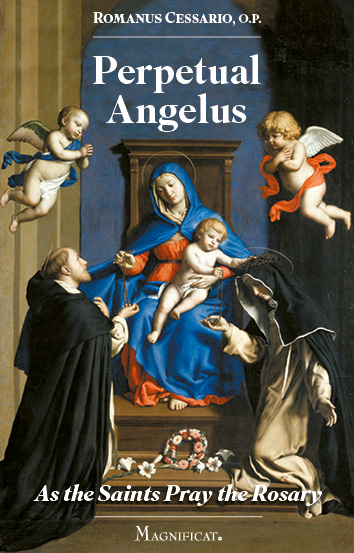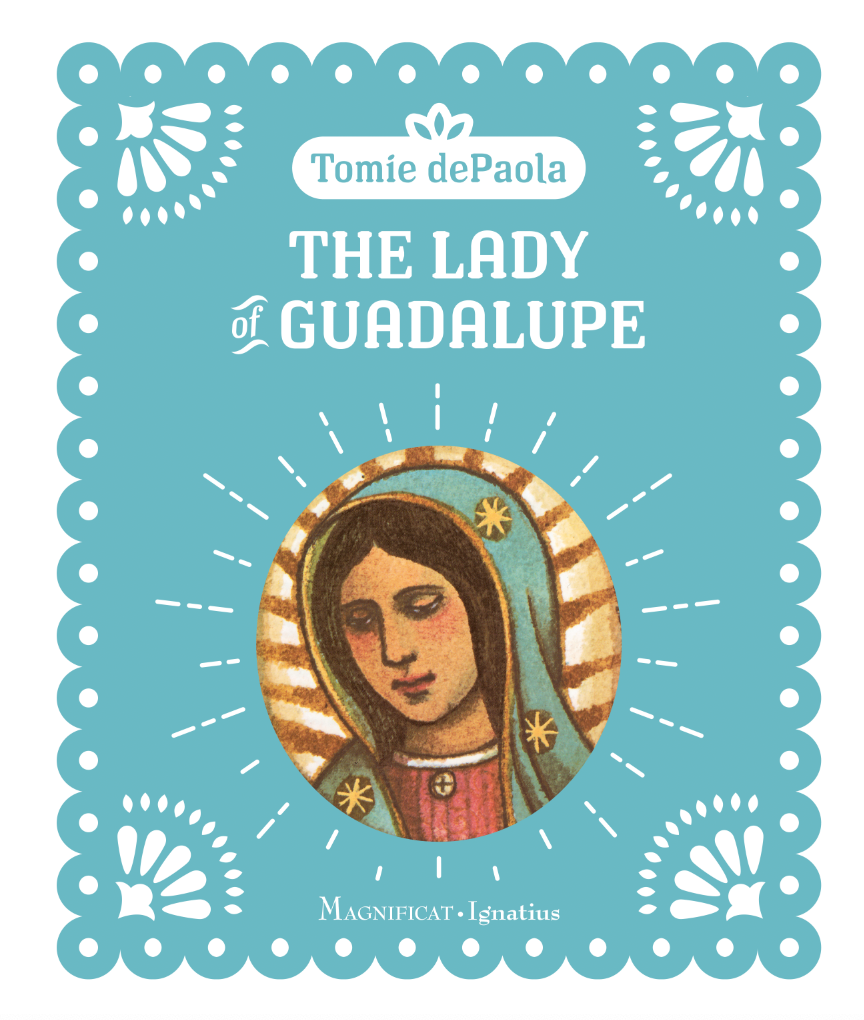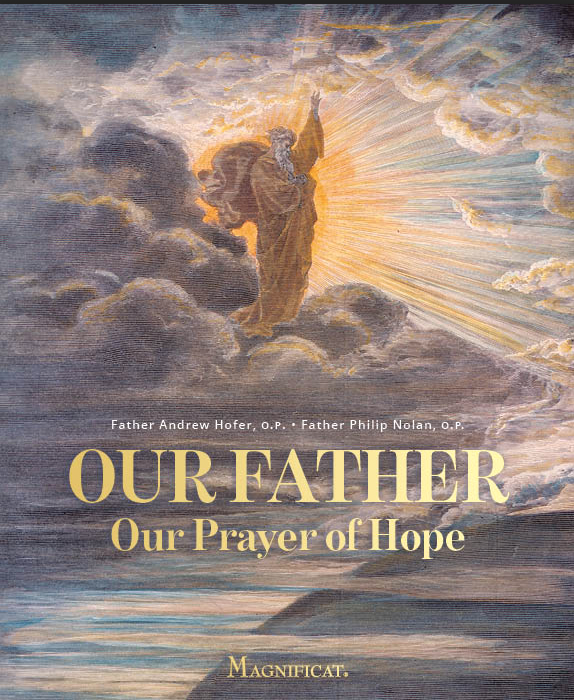The difficulty is that we come to know about prayer and never pray. We know about God, but do not know him. It is all too easy to admire the legendary names we have met over the past few months and fail to follow the path to Christ they have marked. Over and over in our interior lives we try to be like Dominic, Jane Frances, Ignatius, or Teresa, but fail to be ourselves before Christ. The Lord has already known the love of a Bernard and a Berulle, a Catherine and a Clare. He now hungers for our love and loyalty. They have given their hearts. He now waits for ours. Now we must be taken by love.
It is our task, as our time at wisdom’s table draws to a close, to take up the cause of sanctity in the world as we know it. We have clearly seen the teaching of the tradition, but right teaching without right action is futile. All of the correct theory in the world without committed Christian witness has never won a single soul for Christ. We have reached the eleventh hour. The people of our time need good teachers, but a far greater need is that the teachers also be witnesses.
An incident in the life of Saint Francis de Sales makes the point most trenchantly. A nun was reported to be having visions of the Savior and the “gentleman of Geneva” was asked to determine their authenticity. He went to her convent by horseback on a miserably rainy day. Upon arriving, he asked the supposed visionary to help him off with his muddy boots. When her response was, “I’d never touch those foul things,” he declared her a fraud and left. The meaning is utterly and disturbingly clear. If our sanctity does not have the witness about it that dries muddy boots (or, more biblically, washes the disciples’ feet), then while it may be any number of things, it is most assuredly not genuine holiness.
Over the past months many traditions of holiness have been set before us. They all, however, have the same goal: helping us devote ourselves to the glory of God and the service of our neighbor. Their destination is, therefore, the same: union with Christ. Whichever we choose, we cannot afford to forget for a single moment that when we reach him his instructions to us will be as alarmingly direct as they were to the man who grasped the charity of the Samaritan who cared for the man who fell among thieves, “Go and do likewise.”
©Magnificat December 2004









